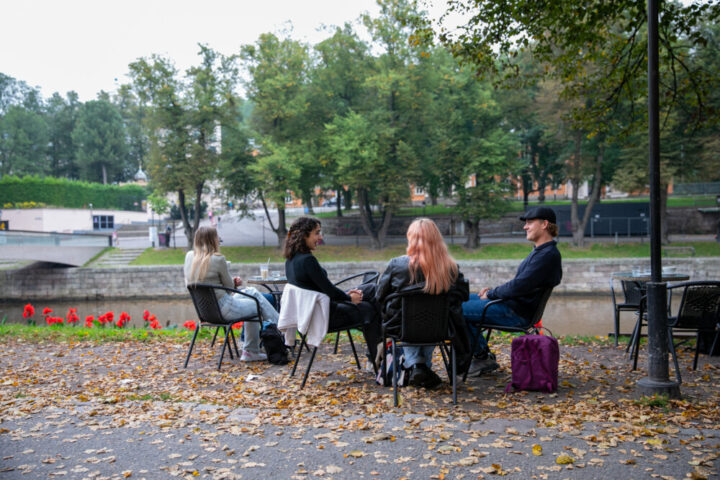Study shows women have more critical social justice attitudes than men
Women’s and men’s attitudes towards critical social justice differ, according to a study at the University of Turku. Three out of five women had a positive attitude towards study statements, compared with one out of seven men.
Oskari Lahtinen, Special Researcher at the INVEST Research Flagship Centre led by the University of Turku, used a survey to determine the critical social justice or “woke” attitudes of nearly 6,000 people. Woke culture involves recognizing and addressing discrimination and injustice.
In the first survey, the respondents were students and staff members of the University of Turku, in the second, the readers of Helsingin Sanomat, the biggest newspaper in Finland. The final measure consisted of seven statements covering current topics ranging from cultural appropriation to whether we should talk more about the color of people’s skin.
”In the study, men expressed being somewhat in disagreement with the statements on the scale. Women responded neutrally or cautiously positively to the same statements. The gender difference in scores was more than double, strongly indicating that the attitudes primarily exist among women in Finland: three out of five women responded positively to the scale’s statements, while the corresponding figure for men was one out of seven.”, says Lahtinen.
Gender differences recurred across all university disciplines, and for example, scale scores for male humanities students in were closer to Finns Party voters than female humanities students”, Lahtinen says. Those most in agreement with the measure were Left Alliance and Green party voters, female teachers in education and humanities, and female students in social sciences.
The measure was compared with participants’ self-assessed “wokeness” and with their political views, such as positioning on left-right and liberal-conservative axes. ”The measure closely mirrored participants’ self-assessed “wokeness” and at the same time was sufficiently distinct from their other political opinions.”, Lahtinen says.
The study also found that a critical social justice perspective is associated with increased anxiety and depression, but not more so than being politically on the left was in the study.
The study was published in the Scandinavian Journal of Psychology and was conducted by Oskari Lahtinen, a senior researcher at the flagship INVEST. The results have been reported by the New York Post.
>> Construction and validation of a scale for assessing critical social justice attitudes

